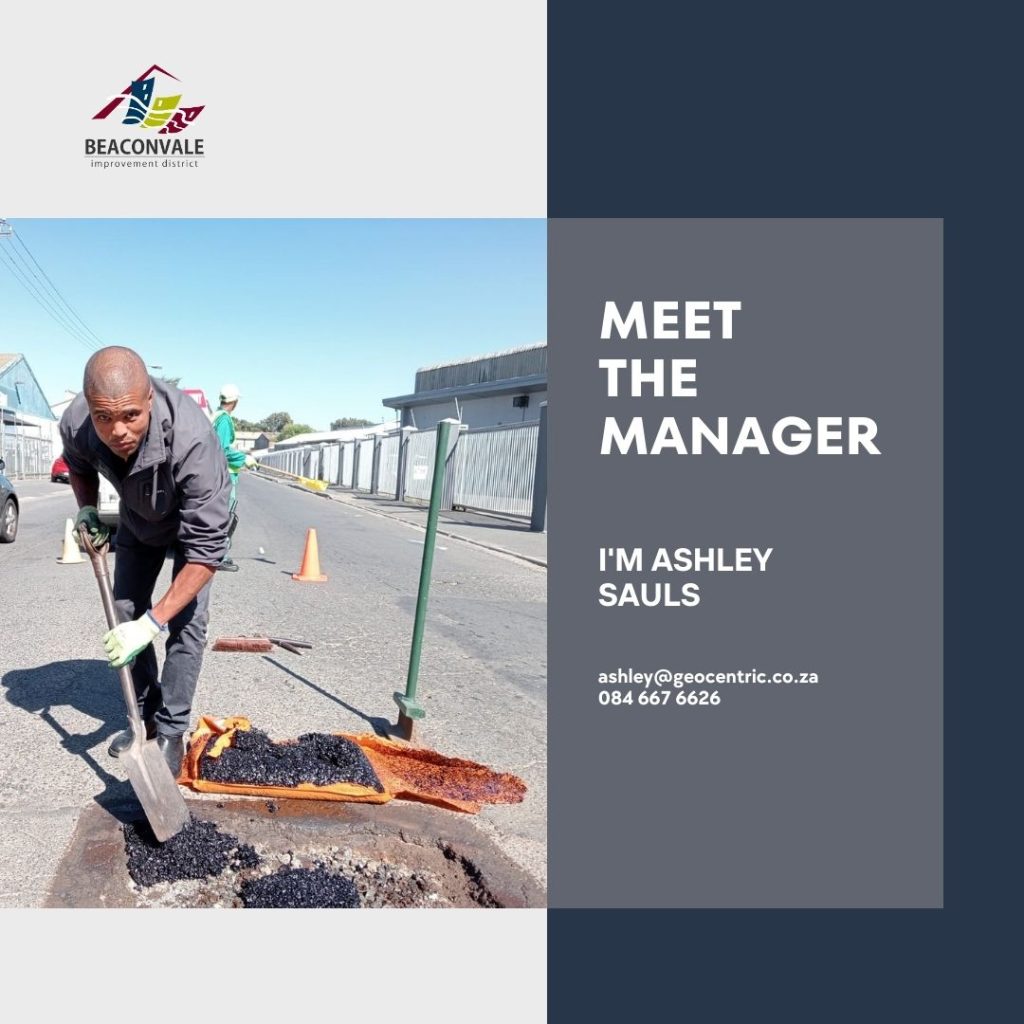Did you know? That annually over 180 000 tons of waste are cleared from illegal dumping hot spots! That costs the city, and you as the taxpayer, a staggering R350 million a year just in clean-up. In other words, cleaning illegal dumping costs 20 times more than collecting waste from wheelie bins. That is why to create a clean, healthy and safe community we take our work tackling illegal dumping very seriously.
“Illegal dumping is a severe problem that puts our community at risk of injury and illness and pollutes our ecosystem. In addition, illegal dumpsites can serve as magnets for other criminal activities,” says Gene Lohrentz, CEO of the urban management company, Geocentric.
Here is what we have learnt when it comes to illegal dumping.
What is illegal dumping?
Illegal dumping is the disposal of unwanted materials in inappropriate places. Be it household rubbish, building waste or industrial debris, improper disposal has disastrous effects on the environment, economy and community.
Our teams are dedicated to cleaning our community and have cleaned thousands of cases of illegal dumping in the last year!
Protecting Property Values
Our daily work with the City of Cape Town’s (COCT) Solid Waste By-law Enforcement Unit protects our district from plummeting property values. By cleaning, we keep our community member’s properties safe by preventing pest issues, blocked storm drains and plastic pollution.
Clean streets don’t just look great, they also improve the value of properties. The study ‘Value of cleaner neighbourhoods’ found that residents will pay up to 57% more to live in a clean neighbourhood. By being part of the solution business owners can help protect and even increase the market value of their property and make their establishments more inviting for customers.
Protecting Public Health
Vermin are attracted to dump sites making these sites sources of disease and infection. Anyone near a dump site risks getting sick both from the hazardous materials dumped and from the diseases spread by rats. These diseases aren’t only formidable – they’re often fatal. Rat urine is responsible for diseases like Leptospirosis ( causing kidney and liver damage) and Hantavirus, a debilitating viral bronchial disease. Rats also gnaw at cables, transformers and electrics causing expensive damage to businesses.
By cleaning up this waste before it attracts vermin, we put a stop to these health hazards before they happen.
Preventing Floods
Water sustains life, but it can also cause widespread destruction, as we saw during the recent flooding in KwaZulu-Natal. As our most precious and essential resource we must treasure it – for if we don’t, we will suffer.
Illegal dumping is a terrifying threat to the water management of our district. When it rains, excess litter is swept into drains and sewers, blocking them and causing trash flash floods. Flooding, and the infrastructure damage it causes, puts immense pressure on emergency services when they are needed most.
To make sure our city can handle the rain we collect all dumping regularly and clean the stormwater drains as part of our winter preparedness programme.
Pulverizing Plastic Pollution
A large percentage of waste illegally dumped is plastic. We are well aware that its consequences are far-reaching, but we are tackling this challenge too. When possible, we sort the waste and recycle what we can instead of sending it all to a landfill. By sorting recyclables, we help reduce the waste in our waterways and create employment opportunities.
We understand it’s almost impossible to recycle all waste. However, we also know that big things have small beginnings. We all make small changes to bring about positive collective transformation. Where possible, we must all take the opportunity to recycle.
How You Can Help Combat Illegal Dumping?
The COCT provides the tools necessary to crack down on illegal dumping and needs citizens to get involved. By reporting dumping you help the City make improvements and encourage others to do the same. Plus, it’s an easy way to beautify your neighbourhood and help keep it safe.
Although the issue is vast, if we all play our part together, we can create a greener, cleaner future for ourselves and future generations.
If you spot something, say something!
To report illegal dumping in your community:
- Call 0860 103 089 or email solidwaste.bylaw@capetown.gov.za.
- If you have the culprit’s vehicle registration number and/or can identify him/her you can shortcut the process and call 021 400 6157
Contact details:
If you have any safety concerns to report, please contact one of the following numbers:
· 10111 – SAPS (South African Police Services)
· 107 – City of Cape Town Disaster Management
· 021 565 0900 – Geocentric Control Room
